Nigerian president Muhammadu Buhari has told the country’s central bank to cease providing foreign exchange for fertilizer imports as part of efforts to bolster the domestic fertilizer sector and save on US dollars, Nigerian sources have confirmed to Argus.
This is not the first time the president has interjected in the country’s fertilizer sector. In December 2018, the Central Bank of Nigeria added fertilizers to the list of imported items ineligible for foreign exchange. In November the same year, the federal government banned the import of NPK fertilizers in an effort to support the domestic NPK production base and save foreign currency reserves.
How much of an impact the ban will actually have on Nigerian fertilizer imports is debatable. It is understood that the Fertilizer Producers and Suppliers Association of Nigeria (Fepsan) will aggregate its demand for phosphate, potash and micro-nutrient fertilizer and issue its requirements soon. Fepsan will fund the purchases through a subsidiary of the Nigeria Sovereign Investment Authority (NSIA).
Nigeria has a chequered history when it comes to government interference in the fertilizer sector. In addition to the restrictions on foreign exchange, the government has previously banned the private sector from fertilizer raw material imports, although rumours have circulated since February this year that this ban could be lifted following substantial lobbying from the private sector. Currently, raw materials can only be imported under the government’s Presidential Fertilizer Initiative (PFI) programme.
The Nigerian fertilizer sector is one of the largest in Africa, estimated at around 1.75mn t/yr, mainly comprising consumption of urea (domestically produced) and NPKs. DAP and MOP are imported as a raw material for NPK blending under the PFI.
source:https://www.argusmedia.com/en/news/2140932-africa-ferts-nigeria-bans-forex-for-fertilizer-import


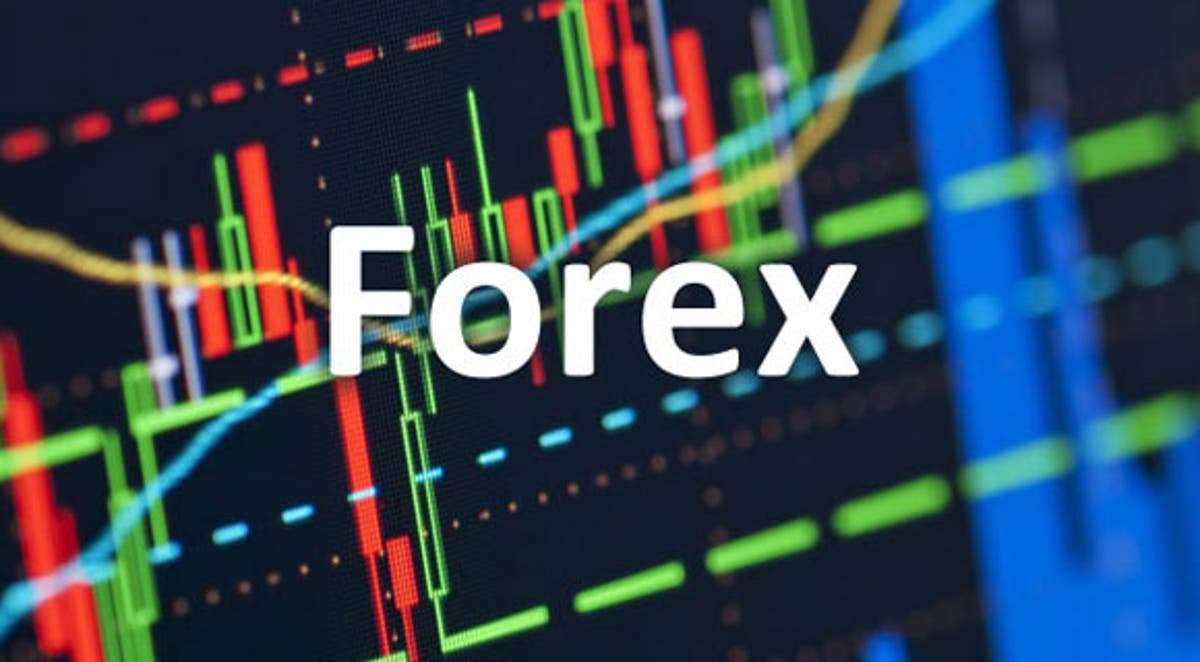
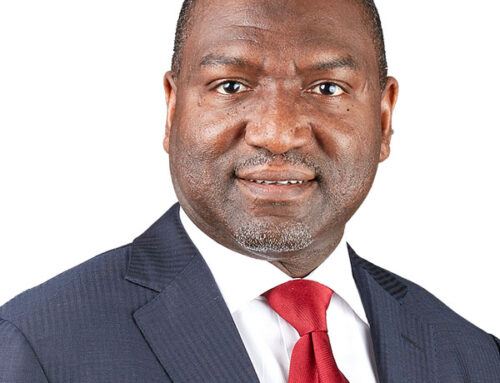
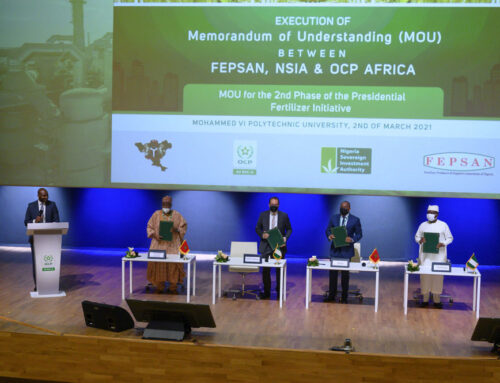
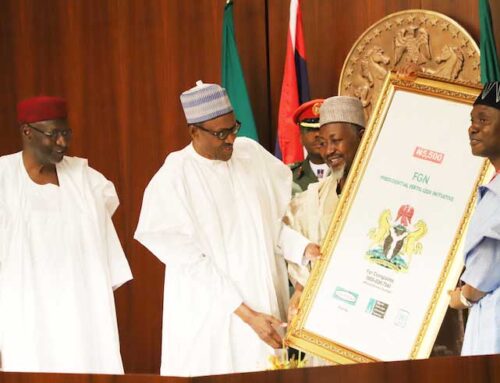
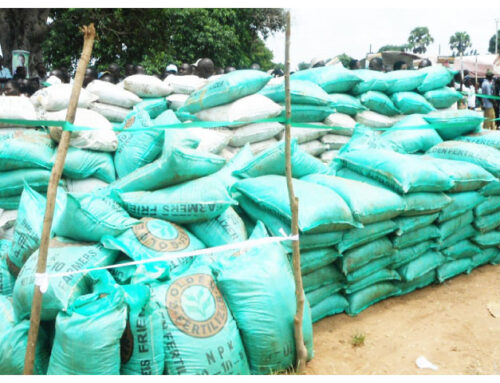
Leave A Comment